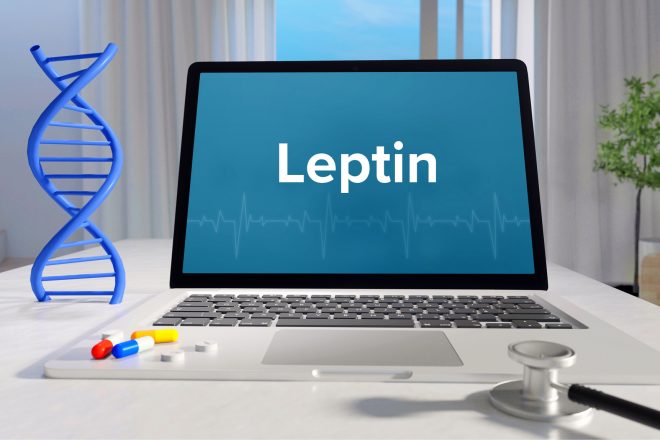
Metabolic hormone ‘leptin’ linked to poor vaccine response
Reduced levels of a metabolic hormone
known as leptin is linked to poor vaccine antibody responses in the general
population, a University of Queensland study has found.
The researchers made the discovery
while investigating several cohorts’ responses to the influenza vaccine or
hepatitis B vaccine pre-COVID.
UQ’s Professor Di Yu identified a
link between the metabolic and immune systems that could be used to develop new
strategies for improving vaccine protection in vulnerable populations.
“Using multiple advanced
techniques in immunology, genetics and biochemistry, our study found leptin
directly promoted the development and function of cells which are vital in
triggering an antibody response,” Professor Yu said.
“In collaboration with global
teams, we identified the reduction of an essential metabolic hormone called
leptin was associated with compromised vaccine responses in both young and
older individuals.
“As a result, we can now
identify those who are at risk of not generating an antibody response after
vaccination.”
Professor Yu said leptin was a
metabolic hormone largely produced by fat tissue.
“Vaccines have been known for a
very long time to have a different efficacy for individuals,” he said.
“Although our genetics partially
contribute to the difference, other factors are also essential.
“When we are fit and healthy, we
have a much better vaccine efficacy.
“If we are healthy, we have a
good metabolism and a normal level of leptin, but if we have malnutrition or
some disease conditions, we may have a low level of leptin, which may limit our
vaccine response and immune protection.”
Professor Yu said many people with
obesity and high levels of leptin conversely often had leptin resistance which
could potentially lead to a poorer vaccine response — an area that should be
carefully investigated in the future.
The researchers are keen to test
responses to the COVID-19 vaccines to determine biomarkers that could identify
those people at risk of not generating a strong vaccine response.
“During the era of the COVID-19
pandemic, the successful vaccination for SARS-CoV-2 is the major hope to bring
society back to normalcy,” he said.
“Differing vaccine responses
cause a major bottleneck in large-scale vaccination programs.”
Journal Reference:
- Jun Deng, Qian Chen, Zhian Chen, Kaili Liang, Xin
Gao, Xiaohui Wang, Fadzai V. Makota, Hong Sheng Ong, Yanmin Wan, Kaiming Luo,
Dongcheng Gong, Xiang Yu, Sarina Camuglia, Qunxiong Zeng, Tao Zhou, Feng Xue,
Jing He, Yunbo Wei, Fan Xiao, Jianyang Ma, Danika L. Hill, Wim Pierson, Thi H.
O. Nguyen, Haibo Zhou, Yan Wang, Wei Shen, Lingyun Sun, Zhanguo Li, Qiang Xia,
Kun Qian, Lilin Ye, Steven Rockman, Michelle A. Linterman, Katherine
Kedzierska, Nan Shen, Liwei Lu, Di Yu. The metabolic hormone leptin
promotes the function of TFH cells and supports vaccine responses. Nature
Communications, 2021; 12 (1) DOI: 10.1038/s41467-021-23220-x